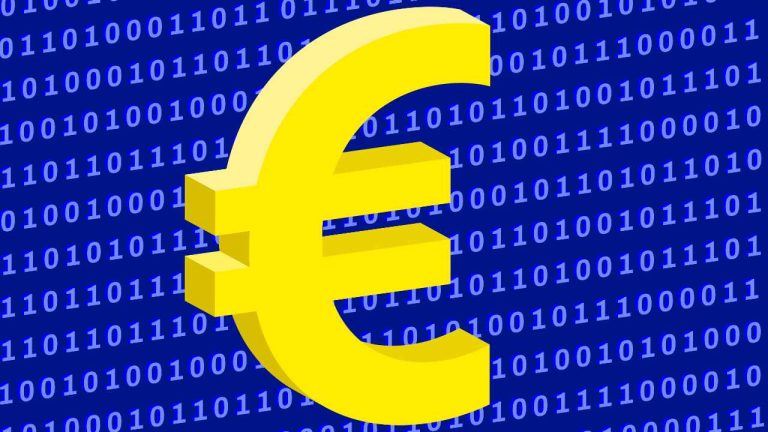ECB Official Shares Digital Euro Progress, Concerns Over Paypal’s Stablecoin

European Central Bank (ECB) executive board member Fabio Panetta has warned about stablecoins issued by private providers, such as Paypal. He also provided an update on the progress of the digital euro. “At the ECB, our investigation phase is now in its final stage, preparing the ground for the Governing Council to decide whether to move to the next phase of the project,” he said.
ECB Executive Board Member on Digital Euro and Stablecoins
Fabio Panetta, member of the executive board of the European Central Bank (ECB), discussed stablecoins and the digital euro on Monday during his introductory statement at the Committee on Economic and Monetary Affairs of the European Parliament.
Noting that the ECB officially launched the digital euro investigation phase in October 2021, he said, “We have made considerable progress since then.” Panetta added:
At the ECB, our investigation phase is now in its final stage, preparing the ground for the Governing Council to decide whether to move to the next phase of the project.
“Our response to the technological revolution in payments cannot be to stand still,” he emphasized. “In the absence of a digital euro, the emergence of potentially dominant private actors in the digital payments market could have a strong impact on the financial sector.”
Panetta warned: “This is a real possibility, as demonstrated by Paypal’s recent decision to launch its own U.S. dollar-denominated stablecoin for use in digital payments.” The ECB executive board member continued:
Private providers of payment services, including Paypal, have no incentive to limit the take-up of their stablecoins or the range of services they provide. Quite the opposite: their objective is to expand their customer base and gain market share.
He also expressed concerns that private providers may have no incentive to make their payment solutions compatible with those used today. He further cautioned that “while the market entry of big techs or other large payment providers may initially promote innovation, competition could be severely hampered if they attain a monopolistic position, as we have seen in other digital sectors.”
On the contrary, Panetta argued: “This would not be the case with a digital euro. A digital euro would be introduced by public authorities, under a European regulatory framework. It would pay due attention to orderly adjustments in the financial sector while offering payment service providers a platform for innovations with pan-euro area reach.”
The ECB executive board member noted:
Furthermore, unlike the stablecoins issued by big techs, the digital euro would be distributed by banks and other payment service providers, which would maintain their relationship with their customers.
Panetta concluded that the ECB will report on the findings of the investigation phase next month and the Governing Council will then decide whether to move to the next phase of the digital euro project. “If we do move to the next phase, the ECB and the national central banks of all euro area countries will continue to analyze digital euro functionalities and eventually move towards developing and testing technical solutions and business arrangements to be ready to start issuing a digital euro, if and when warranted,” he detailed.
What do you think about the statements by ECB executive board member Fabio Panetta regarding the digital euro and stablecoins issued by companies like Paypal? Let us know in the comments section below.